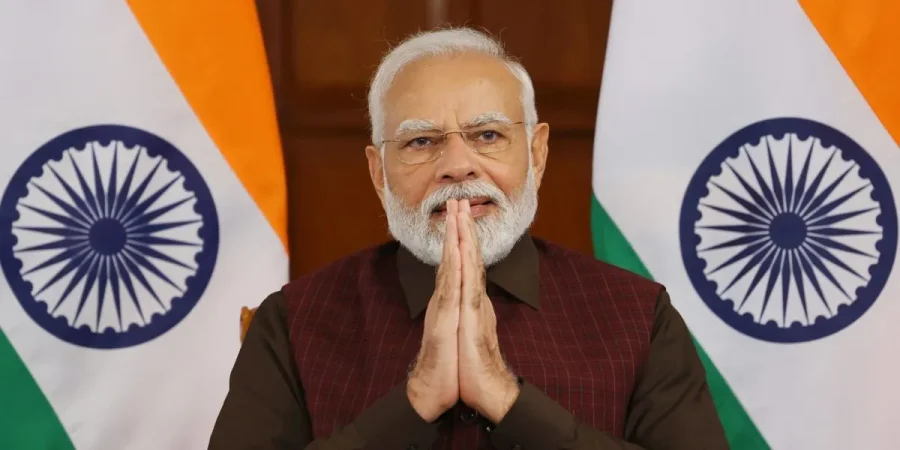An article published in the India-based web portal, The Wire, criticizes the Modi-led Indian government’s approach to Kashmir, stating that it fails to address the deep-seated discontent brewing in occupied Jammu and Kashmir.
According to Kashmir Media Service, titled “Modi Govt Must Engage with Kashmir As Elections Alone Won’t Address Brewing Discontent,” the article highlights the stark disparity between the claims of peace and prosperity in occupied Jammu and Kashmir and the ground reality.
Despite the outgoing police chief of Jammu and Kashmir, Dilbag Singh, asserting that the territory was emerging from a “dark era of terrorism” just days before his retirement in October 2023, subsequent attacks contradicted this assertion, exposing the gap between Indian government claims and the situation on the ground.
Since the revocation of Article 370 in 2019, the Modi administration aimed to consolidate control and eradicate armed resistance. However, promised peace and prosperity have not materialized. While official data suggests a decline in militant numbers, frequent insurgent attacks persist.
The Modi government’s clampdown on Kashmir has led to a perception of the territory as a “police state,” marked by arbitrary detentions, high incarceration rates, and constant surveillance. The scrapping of Jammu and Kashmir’s special status fueled resentment, with fears of demographic change and disenfranchisement among the Muslim-majority population.
Political life in Kashmir has been stifled, with no regional elections held since 2014. Promises of restoring political representation remain unfulfilled, while mainstream politicians and journalists face restrictions and harassment.
The Wire emphasizes the urgent need for meaningful political dialogue with the Kashmiri political class, including Hurriyat leadership, and civil society at large, religious leaders, and other influential public representatives, to address Kashmiris’ grievances. Despite pressures to hold elections, the Modi government must ensure that they are conducted fairly and inclusively, respecting the aspirations of the Kashmiri people.
The article concludes that restoring occupied Jammu and Kashmir’s statehood, facilitating political participation, and fostering civic freedoms are essential steps toward lasting peace and stability in the territory.—KMS










